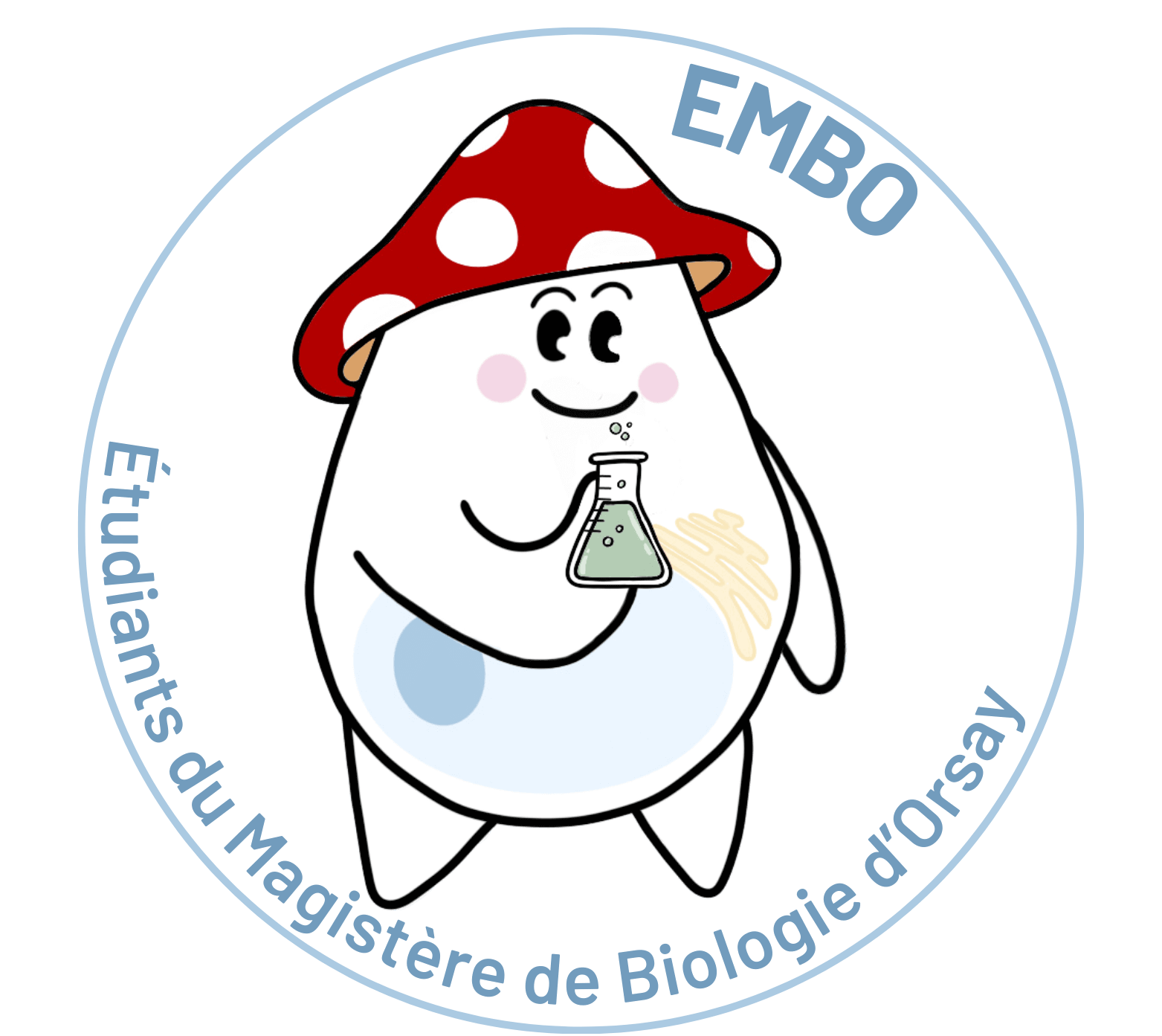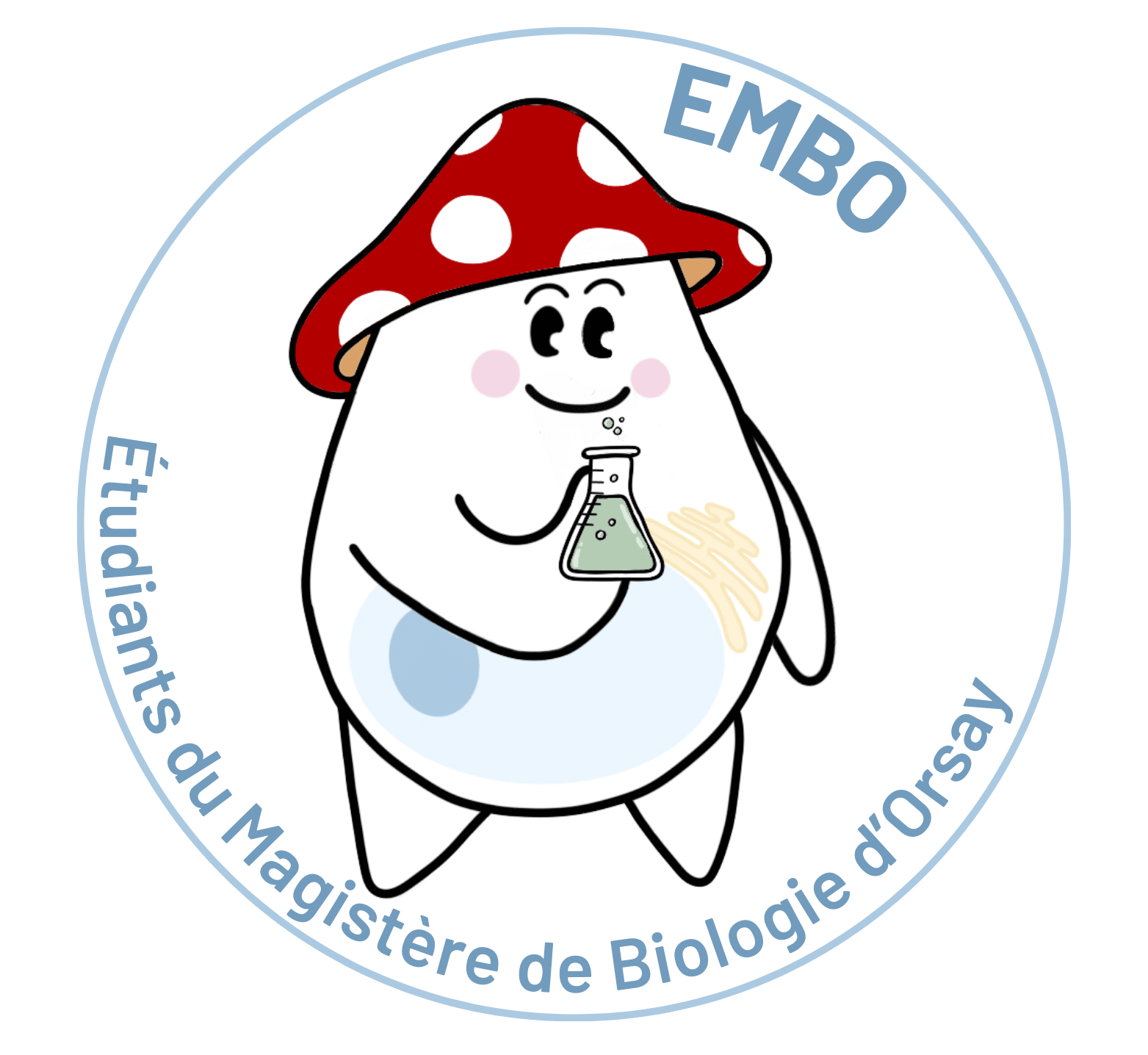
Opening of a 2 years postdoc position in the unit Génétique Quantitative et Evolution – Le Moulon
(UMR Inra, Univ. Paris-Sud, CNRS and AgroParisTech) at Gif-sur-Yvette, France
We are looking for candidates knowlegeable in quantitative genetics, computation, genomics, and statistics, to work on the the « GenoSoft » project funded by the LabEx Saclay Plant Sciences
www6.inra.fr/saclay-
The postdoc is for 24 months, possibly extendable. We seek a person having less than 3 years experience since their Ph.D. defense. Starting date is flexible but preferably before the end of 2017.
Contacts : Olivier Martin (olivier.c.martin@inra.fr 01 69 33 23 36) and Matthieu Falque (matthieu.falque@inra.fr 01 69 33 23 64)
Brief description of the scientific projet
Genotyping technologies based on arrays or NGS have tremendously broadened the availability of high-density genotyping data from segregating populations. However, existing mapping softwares are limited to strict Mendelian hypotheses, excluding information discovery from the data outside that framework. This results in discarding markers which don’t behave as expected. But in fact, genotyping data contain much more information which specifically lies in the discarded markers. For instance markers that simultaneously hybridize to two (or more) different genomic locations due to duplicated or repeated sequences can be efficiently used to detect and localize such multiple copies. One of the activities of the host team is to develop, improve, and exploit genetic mapping software tools for genomic applications. Recently we have been creating innovative algorithmic and statistical solutions to extract information on genomic structural variations from markers that are usually discarded from mapping studies. In particular, we have already produced a software which, when tested on several maize doubled-haploid populations, detected large numbers of duplicated loci that were statistically highly significant. The present project will extend our software to (1) other structural variants such as presence-absence variants, translocations, or duplications where sequences have diverged, (2) recombinant inbred line populations, that are most common in plants, (3) detection and mapping of regions resulting from homeologous exchanges in allopolyploid species such as rapeseed, and (4) detect structural variants associated with the variation of phenotypic traits (QTL detection). Some of the work will be in direct relation with experimental researchers of the nearby institutes IJPB and IPS2 for the species maize, Arabidopsis, rapeseed and bean.
Work environment
The work will take place within the RAMDAM team http://moulon.inra.fr/index.
Candidates should preferably have obtained their Ph.D. within the last three years (and must have defended before the beginning of the contract). We are looking for motivated people trained in quantitative genetics, genomics, and statistics, having good skills in scientific programming, at ease with Linux and the R language, and having experience in software development and optimization.


